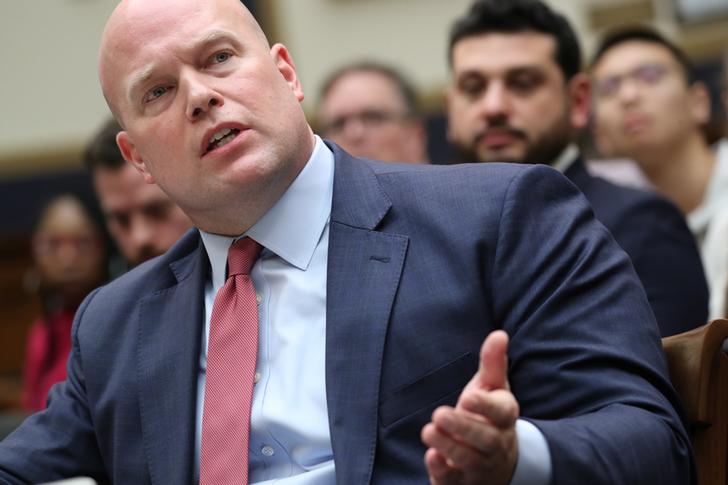WASHINGTON, DC: U.S. lawmakers are pushing for stronger aviation security with a bipartisan bill that would require passenger airlines to install secondary security doors between cabins and the cockpit on current aircraft to prevent another Sept. 11-style attack.
Hijackings remain a threat despite improvements in global aviation safety since Sept. 11, 2001, when hijacked planes flew into New York’s World Trade Center and the Pentagon, four U.S. representatives – Democrats Andre Carson and Josh Gottheimer and Republicans Brian Fitzpatrick and Peter King – said in a statement.
Congress last year imposed a requirement for secondary barriers, aimed at preventing would-be hijackers from rushing the cockpit when pilots take bathroom breaks or meals, for future, newly manufactured commercial airplanes. But that legislation did not address existing aircraft.
The new bill, introduced last week, would extend the requirement to all passenger jets. Secondary barriers would allow a pilot to close the cockpit door before opening another door to the rest of the plane. Current measures to protect the flight deck include stationing a flight attendant or food cart in front of the cockpit.
A study by the Federal Aviation Administration, which oversees aviation security, concluded that cockpits are vulnerable when pilots step out and cited secondary doors as the most efficient, cost-effective form of protection, according to the news release issued on Wednesday. The lightweight, wire-mesh barriers would cost $5,000 to $12,000 per aircraft, the lawmakers said.
Airlines for America – an industry trade group representing large commercial carriers like American Airlines Group Inc, Southwest Airlines Co and United – said individual airlines should be the ones to decide whether to install such systems.
Association spokesman Vaughn Jennings said the airline industry has worked closely with the Transportation Security Administration (TSA) to implement a multilayered security system following 9/11 and noted that some U.S. airlines have determined that secondary cockpit barriers are appropriate on some aircraft.
The pilots’ union, The Air Line Pilots Association, said it supported the legislation and called on the FAA to immediately implement the language required by Congress last year on new passenger aircraft “to help ensure the security of our cockpits.”
Following the 9/11 attacks, airlines reinforced cockpit doors and the TSA rolled out advanced airport screening equipment. The TSA also oversees the Federal Air Marshal Service, which deploys armed U.S. air marshals on flights across the world. But critics have questioned the effectiveness of passenger screening and the air marshal program.
The new bill for secondary barriers is called the Saracini Enhanced Aviation Safety Act after pilot Victor Saracini, who was killed when his plane was hijacked during the 9/11 attacks. His widow, Ellen, has been an advocate of legislation for aviation safety. Reuters









Comment